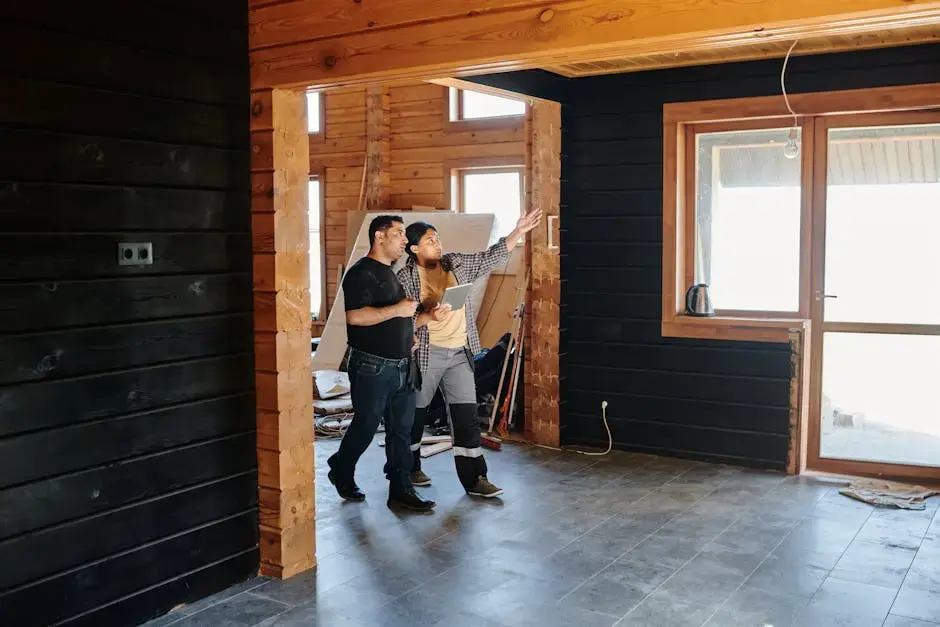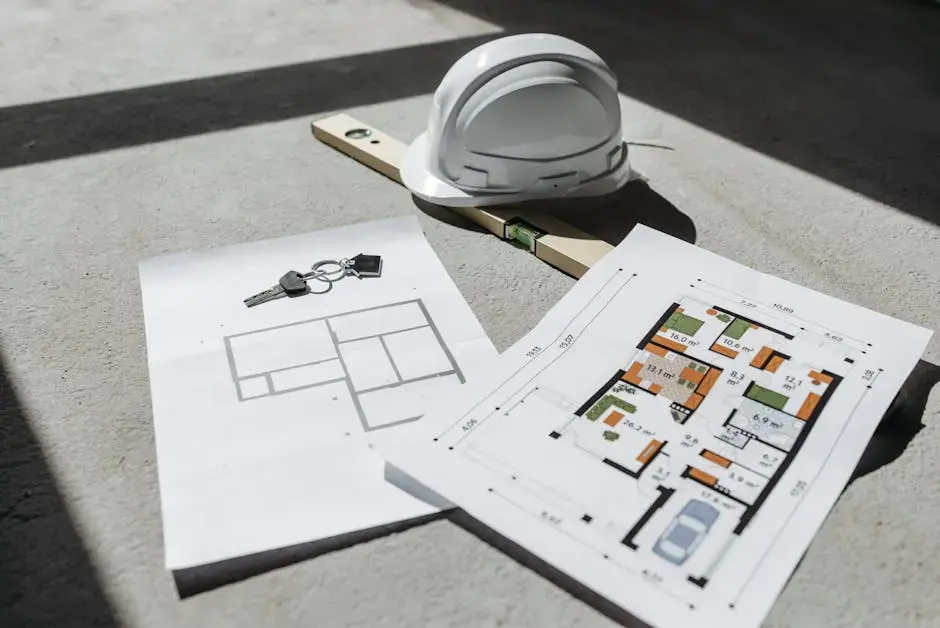What Should You Consider When Choosing a Superior Home Builder?
- Raphael Wix Dev
- Jul 5, 2025
- 3 min read
Choosing a superior home builder is a crucial step in creating your dream home. With numerous options available, it's essential to know what to look for to ensure you make the right choice. In this guide, we’ll walk you through key factors to consider, helping you navigate the decision-making process with confidence.

Step 1: Research Builder Credentials
Verify licenses, insurance, and certifications to ensure your builder is legally qualified.
Inquiring about the builder’s credentials goes beyond just surface-level checks. A reputable builder will proudly share their qualifications, as they are a mark of trust and professionalism. Always make sure to verify that the builder holds the proper licenses required in your state. This ensures they comply with local regulations and standards.
Additionally, ask for proof of insurance, including liability and workers' compensation coverage. This is paramount for protecting your investment. If accidents occur during construction, you want to be certain that you are not held liable for any injuries or damages.
Certifications from recognized industry organizations also add another layer of credibility. These certifications can indicate proficiency in various building practices and highlight a builder's commitment to ongoing education and staying abreast of new techniques.
Step 2: Check Reviews and References
Look for online reviews and request references to gauge past customer satisfaction.
Reading reviews can provide a treasure trove of insights. Platforms like Google, Yelp, and HomeAdvisor often feature feedback from previous clients. Pay attention to recurring themes in reviews, as they can reveal much about the builder's consistency and quality of work.
Beyond online reviews, don't shy away from asking the builder for references. A superior home builder should be willing to provide a list of satisfied clients. Speaking directly with former customers allows you to understand the building process from their perspective, including any hurdles they encountered and how the builder resolved them.
If possible, visit some of the homes that the builder has constructed. This gives you direct insight into their workmanship and the types of projects they excel at.
Step 3: Evaluate Experience and Expertise
Consider how long the builder has been in business and their expertise in the type of home you want.
Experience can radically influence the outcome of your home building project. A builder who has spent years honing their craft is likely to be more adept at navigating challenges than a newcomer. Ask questions that delve into their history—how many homes have they built? What types of projects do they specialize in?
Specific expertise is especially important if you have unique requirements or styles in mind. For instance, if you're interested in eco-friendly home building, look for a builder with a track record in sustainable practices. Their ability to understand your vision will be vital in ensuring the project aligns with your expectations.
Step 4: Discuss Design Options and Flexibility
Ensure the builder offers customizable designs that align with your vision for your new home.
From layout to finishes, a good home builder should be open to discussing your personal preferences. Your home should mirror your lifestyle; therefore, customizable design options become non-negotiable. Go over sample designs and talk about how they can be modified to fit your specific needs.
Moreover, flexibility can extend to budgeting, timelines, and material choices. A superior home builder will work with you to find solutions when challenges arise and will be open to suggestions, making the whole experience collaborative rather than strictly contractual.
Step 5: Compare Pricing and Contracts
Get detailed quotes and understand the contract terms to avoid hidden costs later.
When receiving estimates, ensure they are detailed and transparent. A quality builder should provide a thorough breakdown of costs, including materials, labor, and any additional fees that might arise during the project. This is crucial for ensuring your budget stays on track!
Taking the time to read over contract terms is equally important. Scrutinize clauses related to changes, delays, and warranty—if there's anything that isn't crystal clear, don't hesitate to ask questions. Knowing what you're signing can save you headaches down the road.
Step 6: Assess Communication and Support
Choose a builder who communicates effectively and provides ongoing support throughout the process.
Clear and consistent communication can make or break your experience with a builder. A superior home builder will keep you informed and involved, whether it’s through regular updates or an easily accessible point of contact.
Furthermore, ongoing support shouldn't just end once the job is done. A dependable builder will stand behind their work and be available for any post-construction questions or concerns. This commitment offers peace of mind knowing you're not alone in managing your new home.
Final Thoughts
By keeping these essential considerations in mind, you'll be well-equipped to select a home builder who not only meets your needs but also exceeds your expectations. Remember, a superior home builder is not just someone who constructs a house, but a partner in creating your dream living space.






Comments